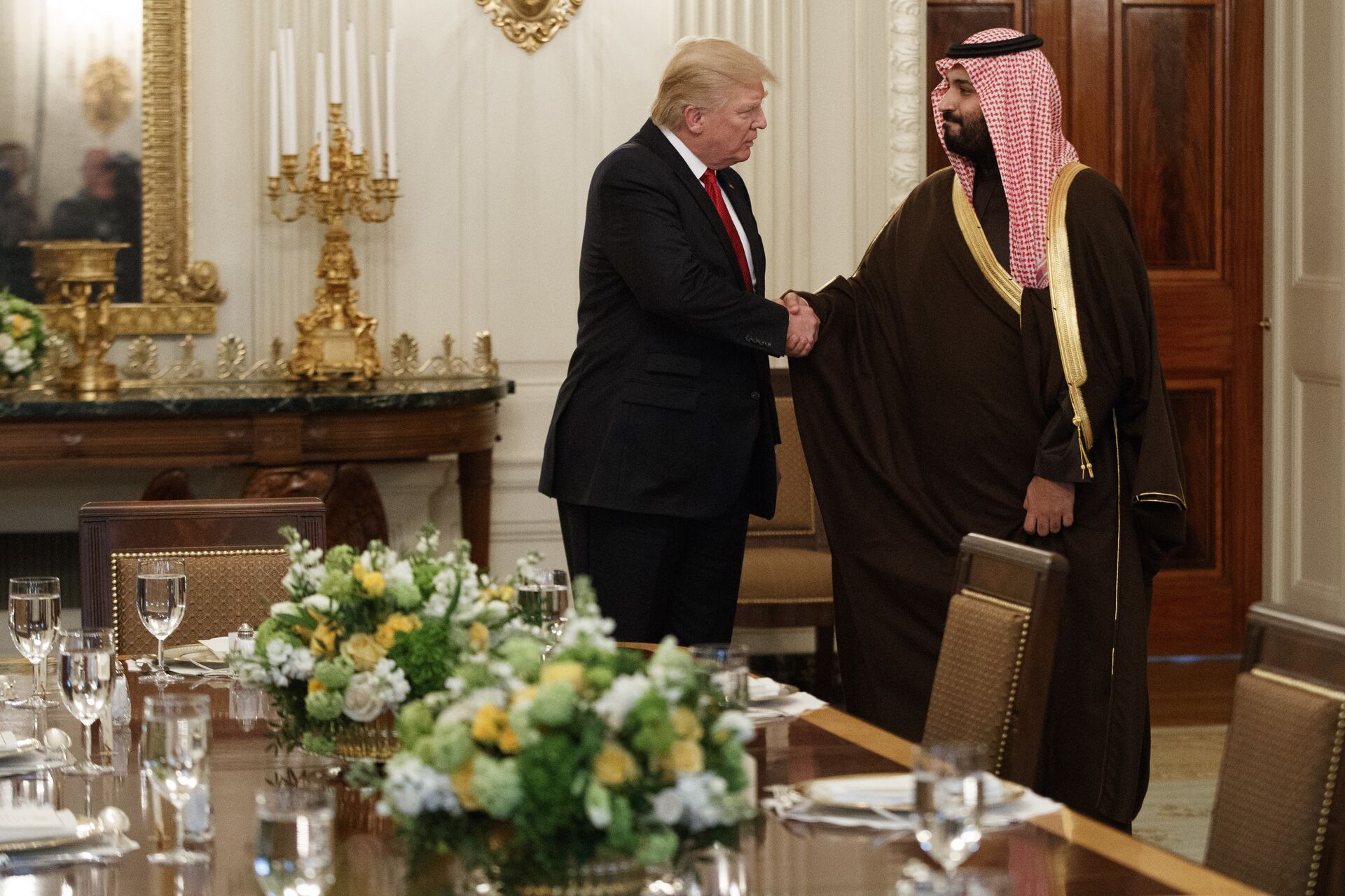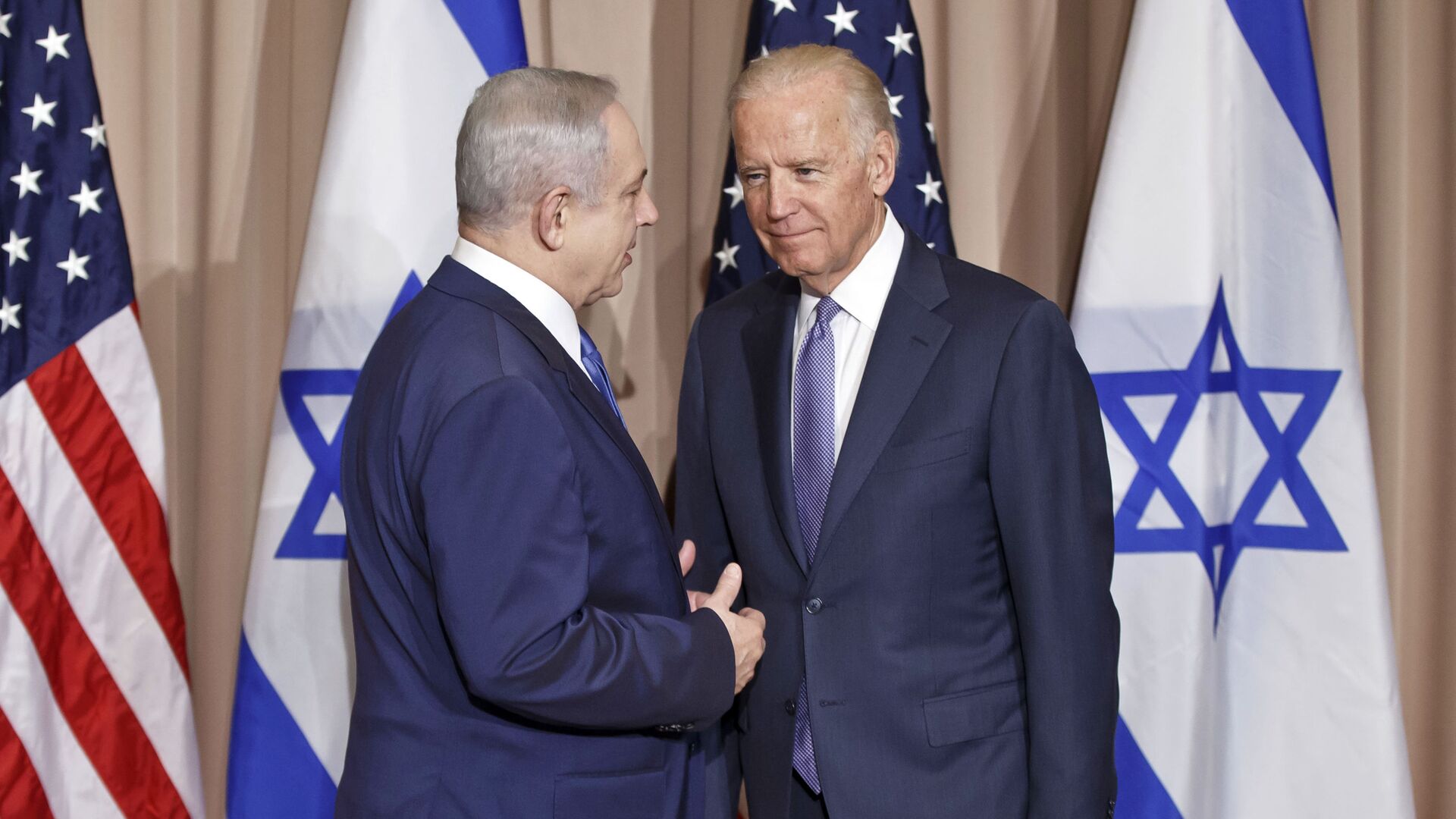US priorities in the Middle East are set to change under US President Joe Biden, shifting slightly from Israel towards Iran, The Times of Israel reported.
According to Aaron David Miller, an-ex State Department Middle East analyst, “with both Israel and Saudi Arabia, relationships that Trump basically decided to rehabilitate in the wake of Obama, you have a Biden administration that is prepared to put a little more distance, although not in symmetrical proportion.”
Similarly, the Palestinian issue will not be a priority for the new administration either, Miller tweeted in response to the State Department's pledge to attend to Israel's security.
The Biden Adm left no doubt about its reaction to ICC decision to probe Israeli and Palestinian war crimes. With Iran a top priority and Palestinian issue not; and facing greatest domestic challenge since FDR, Biden wisely just said no to this one. https://t.co/bu8wxCjtNp
— Aaron David Miller (@aarondmiller2) February 6, 2021
Miller also said that Biden could be waiting until the results of the election in Israel - the fourth one in two years - in which there is a possibility that Israeli Prime Minister Benjamin Netanyahu could be voted out.
“This is a signal that it’s not business as usual with the way Trump dealt with the Israelis,” Miller said.
During his first foreign policy speech on Thursday, Biden spoke about “revitalizing” US alliances, but ties with Israel were not mentioned among these. Also, Biden has yet to reach out to Netanyahu via an official phone conversation.
Biden mentions speaking to our "closest friends" -- Britain; Canada Germany; France; Australia; NATO; South Korea; Mexico; Japan. In a clear and willful signal of something, Biden omits Israel.
— Aaron David Miller (@aarondmiller2) February 4, 2021
Speaking on Iran, Miller said that Washington could be signaling it was not “running after Tehran.” Biden previously vowed to return to the United States to the 2015 nuclear deal with Tehran. Trump abandoned the JCPOA in 2018, reinstating harsh sanctions on Tehran as part of a “maximum pressure campaign.”
On Saturday, Iranian Foreign Minister Javad Zarif said that Washington does not have much time for taking positive steps toward rejoining the JCPOA. At the same time, the minister noted that he saw no need in launching direct talks between Iran and the US to discuss the issue.
Zarif has also ruled out any revisions to the original deal - as Biden suggested expanding the agreement - and insisted that Washington remove the sanctions first.
In response to the killing of nuclear physicist Mohsen Fakhrizadeh, Iran has passed a law to increase its uranium enrichment to 20 percent and stop UN inspections of its nuclear sites. In January, Tehran began working on the production of uranium metal.
Biden also announced on Thursday that the United States was stopping all support for the Saudi-led offensive operations in Yemen, but would continue to defend its ally against other threats. He stated, however, that Saudi Arabia “remains a partner in terms of combating terror in the region.”

As a follow-up, the White House reportedly paused proposed arms sales worth $760 million to Saudi Arabia, which had included 3,000 GBU-39 Stormbreaker “small diameter bombs”.
On Inauguration Day, Netanyahu was among the first to congratulate the new president of the United States, expressing hopes that the 78-year-old would build upon the Trump-brokered peace deals and calling on him to cooperate with Israel in confronting Iran.
I wish you the greatest success.
— Benjamin Netanyahu (@netanyahu) January 20, 2021
God bless the United States of America. God bless Israel.
The Trump administration had long prepared its reconciliation plan for the Middle East, which Trump touted as having led to several Arab nations agreeing to normalize ties with Israel, including the UAE, Bahrain, Morocco, and Sudan. The rapprochement was met with harsh criticism in Palestine.
Back in 2016, in what was an unusual rebuke of the US' long-term ally in the Middle East, Biden shared his “overwhelming frustration” with the Israeli government, saying that Washington should “push [Tel Aviv] as hard as we can” toward a two-state solution.



